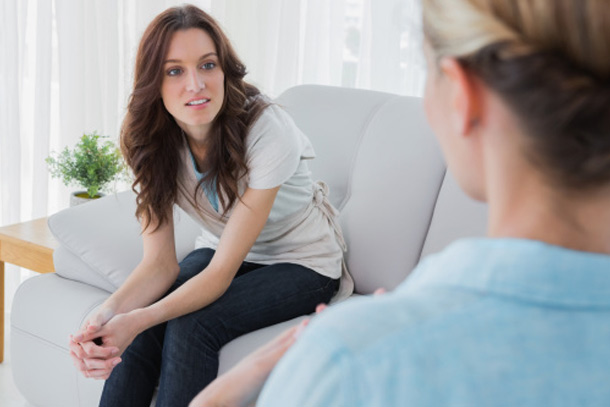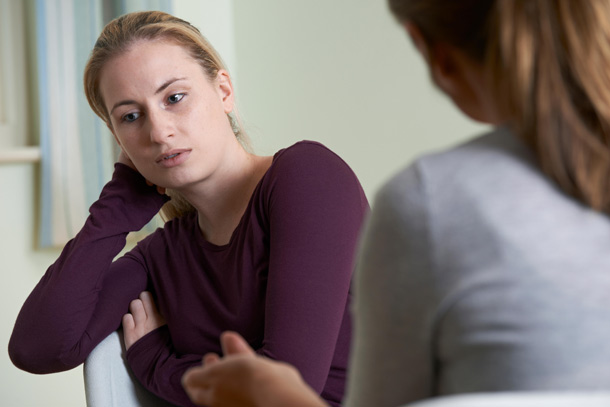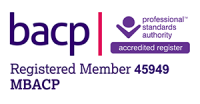
Most of us are unaware of the personal relationship we each have with food though many of us will turn to food (or away from it) at times of stress, anger, loneliness, depression, shame, anxiety or sadness.
Contemporary eating habits are not always healthy. Some people learn to control overwhelming feelings using both food and hunger. This can lead to an unhealthy relationship with food.
A very unhealthy relationship with food could mean that a person is suffering from one of several different types of eating disorders.
The causes of eating disorders are complex and unique to each individual
The causes of eating disorders are rarely attributed to just one factor. Eating disorders are more likely to be the result of many factors.
Anyone can develop an eating disorder regardless of age, sex or race although the people most likely to be affected by unhealthy eating tend to be young women, particularly between the ages of 15-25. Eating disorders are becoming a serious mental health issue in the UK.
Three prevalent types of eating disorders are anorexia, bulimia and binge-eating disorder, though there are others.


Eating disorders represent powerful internal forces
People with eating disorders are often reluctant to abandon their eating habits. Though they may know their eating behaviour is unhealthy, it can be very hard to change this type of relationship with food.
We approach eating disorders with care, always sensitive to the underlying feelings associated with unhealthy eating.
Together with one of our therapists in Brighton, our clients with eating disorders are encouraged to understand their relationship with food and find alternative ways to express the needs and emotions that underlie the eating disorder behaviour.
Can therapy help people with eating disorders?
It’s not easy. Addressing eating disorder behaviour takes patience and a great deal of determination and willpower on the part of the person with an eating disorder.
However, problems with food are a common reason people approach counselling and psychotherapy. Through speaking with a qualified, experienced counsellor or psychotherapist overcoming eating disorders can be possible.
To set up a confidential discussion with one of our therapists, please get in touch.

Counselling for eating disorders is confidential and conversations in therapy remain private between you and your therapist.
No one else gets involved.
Our counsellors and therapists
We have experience working with eating disorders and unhealthy eating. Male and female therapists are available. One of us may be able to help.
Getting help with eating behaviour
Your first appointment will allow space to discuss anything on your mind. We understand that starting therapy can be a difficult experience.

 Testimonials
Testimonials
 Contact
Contact
Please use our online enquiry form below and we will respond shortly
There are a number of ways to reach us
One Therapy Brighton
2 Bartholomews
Third Floor
Brighton
BN1 1HG
Telephone
Online
To book your first appointment with us, complete
our online booking form and we will contact you shortly.
Appointments available
Mondays to Fridays 8.00 am — 8.00 pm
Saturdays 10.00 am — 5.00 pm




